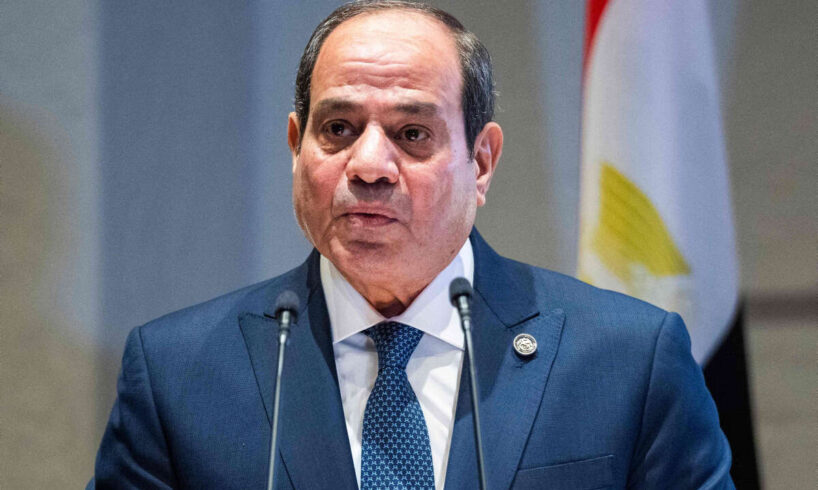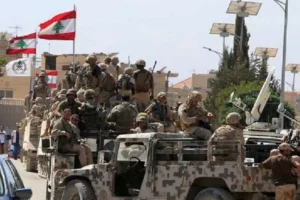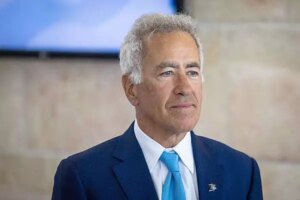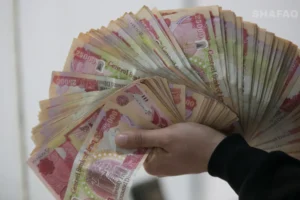
For Egypt, Gaza represents a trap. Police training for thousands of Palestinians, a 15-member technocrat administrative committee, and a 50 billion dollar reconstruction program – these constitute merely portions of the promises Egyptian senior officials have dispersed since the war commenced.
Cairo appears to be cultivating this message: simply halt your military campaign – and we shall manage all remaining matters, “our responsibility.” Egypt naturally possesses numerous motivations for securing ceasefire arrangements. Their hosting of Hamas adversaries proves no coincidence, given these figures represent, legitimately, extensions of the Muslim Brotherhood movement – the officers’ regime’s sworn adversary. Yet beneath this attractive offering lies a harsh reality: Egypt’s leadership views Gaza as a strategic trap. Their objective centers on achieving a ceasefire regardless of cost, anticipating subsequent chaos.
Despite potentially advantageous proposals, President Abdel-Fattah el-Sissi would resist consuming this toxic option. Egyptian authorities recognize emerging Israeli and American initiatives but dismiss them based on these considerations:
Military and governance control over devastated, refugee-saturated Gaza, riddled with terrorist infrastructure, would compromise Egyptian national security. Egyptian researcher Ahmad Abd Rabbo characterized this scenario as “a mine capable of detonating instantly,” representing disorder potentially spreading throughout Sinai.
Hamas terrorists stand guard during the handover of three Israeli hostages to Red Cross representatives in Al Nuseirat refugee camp, central Gaza Strip, February 22, 2025 (Photo: Mohammed Saber/EPA)
Expectations that Egypt would oversee Hamas weapons dismantlement create additional hazards, particularly given regime tensions with Islamist organizations. Specifically, legitimate concerns exist regarding domestic terrorist threat escalation.
Cairo appropriately questions tunnel infrastructure management. Assuming Hamas weapons surrender (senior officials explicitly reject this), which entity would address subterranean networks estimated to span hundreds of kilometers?
Egyptian officials harbor concerns regarding Gaza refugee influxes, especially considering Israeli policy statements. While “emigration plans” remain largely theoretical currently, Egyptian leadership treats these scenarios seriously as security threats.
Factors motivating Cairo’s intensified ceasefire engagement and “post-conflict” planning include vacuum prevention desires. Their goal involves avoiding spaces potentially filled by contrary initiatives. Precisely those Gaza responsibility proposals with accompanying explosive complications. Additional motivation stems from sustained criticism.
Recently, a 35 billion dollar Israel-Egypt gas export agreement was finalized. Arab nations erupted with “Zionist economic support” accusations. This iteration included not only Islamist actors and Qatari proxies but even Saudi allies. Those typically criticized for covert Israeli relationships directed fierce condemnation toward Egypt. Anger appeared driven by nationalist sentiments and client relationship disappointment.
Furthermore, Egypt has become a primary target for international anti-Israeli demonstrations. Leaked footage revealed Egypt’s foreign minister instructing the Dutch ambassador to handle protesters aggressively, including compound detention pending police intervention. Gaza entanglement fears and criticism management motivations drive Egyptian Gaza stabilization interests – provided it remains another party’s responsibility. Egyptian aspirations involve preventing vacuums potentially filled by initiatives opposing their interests.





